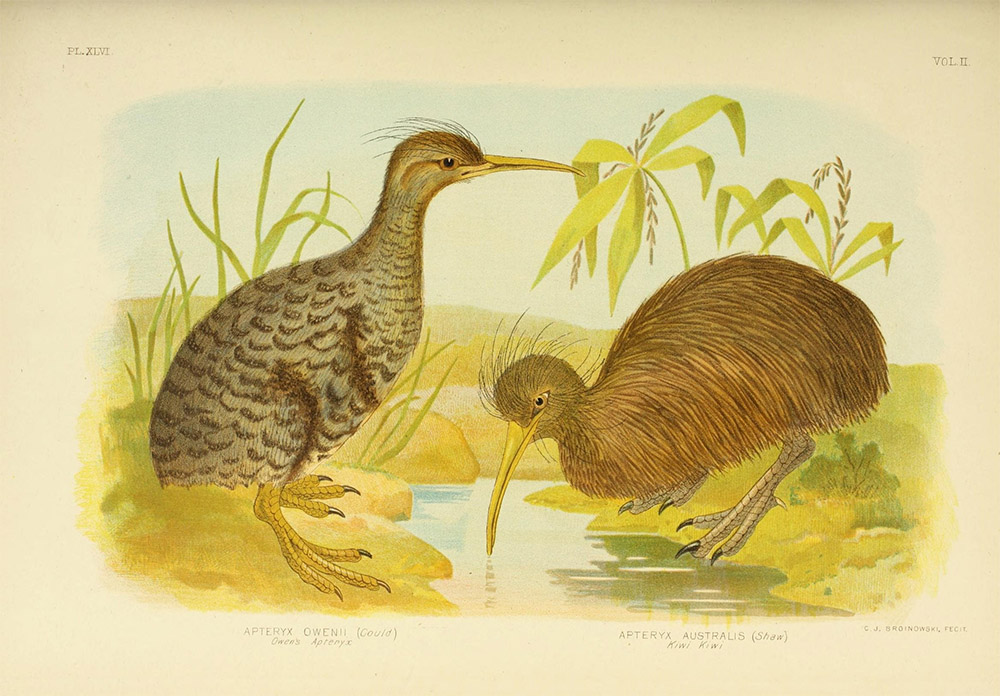December 4, 2024
The Ebiil Society: Champions of Palau
Ann Singeo, founder of our partner organization the Ebiil Society, shares her vision for a thriving Palau and a flourishing world of indigenous science!
We use cookies to help you navigate efficiently and perform certain functions. You will find detailed information about all cookies under each consent category below.
The cookies that are categorized as "Necessary" are stored on your browser as they are essential for enabling the basic functionalities of the site. ...
Necessary cookies are required to enable the basic features of this site, such as providing secure log-in or adjusting your consent preferences. These cookies do not store any personally identifiable data.
Functional cookies help perform certain functionalities like sharing the content of the website on social media platforms, collecting feedback, and other third-party features.
Analytical cookies are used to understand how visitors interact with the website. These cookies help provide information on metrics such as the number of visitors, bounce rate, traffic source, etc.
Performance cookies are used to understand and analyze the key performance indexes of the website which helps in delivering a better user experience for the visitors.
Advertisement cookies are used to provide visitors with customized advertisements based on the pages you visited previously and to analyze the effectiveness of the ad campaigns.
Our new online shop is live!

What would New Zealand be like without its native Kiwi? New Zealand’s national bird, the Kiwi, once numbered in the millions throughout the island nation, but today only 68,000 remain. The small flightless bird has been decimated by invasive feral cats, rats, and stoats, which prey on eggs, chicks, juveniles, and adults.
Conservationists have stepped in to remove invasive species and raise the chicks, but are concerned this might not be enough. The low population of individuals in the wild is making it very difficult to save the species. Conservationists collect Kiwi eggs from the wild and raise them in incubators. The birds are then released onto predator-free islands where they have a greater chance of survival than on islands with invasive species present. Once the birds reach full adulthood they can be returned to the mainland where their eggs were originally collected.

Conservation efforts of this magnitude show the immense drive people have to save native wildlife, but current efforts might not be enough to save the Kiwi. New Zealand’s ambitious plan to remove invasive species by 2050 could end up being the only way to prevent the extinction of this national bird. Otherwise, we could see the extinction of the Kiwi in the next 50 years. Hopefully, nobody has to find out what New Zealand is like without its national bird.
Featured Photo: Kiwi crossing road sign. Credit: The Rohit
Source: BBC
Check out other journal entries we think you might be interested in.
Notifications